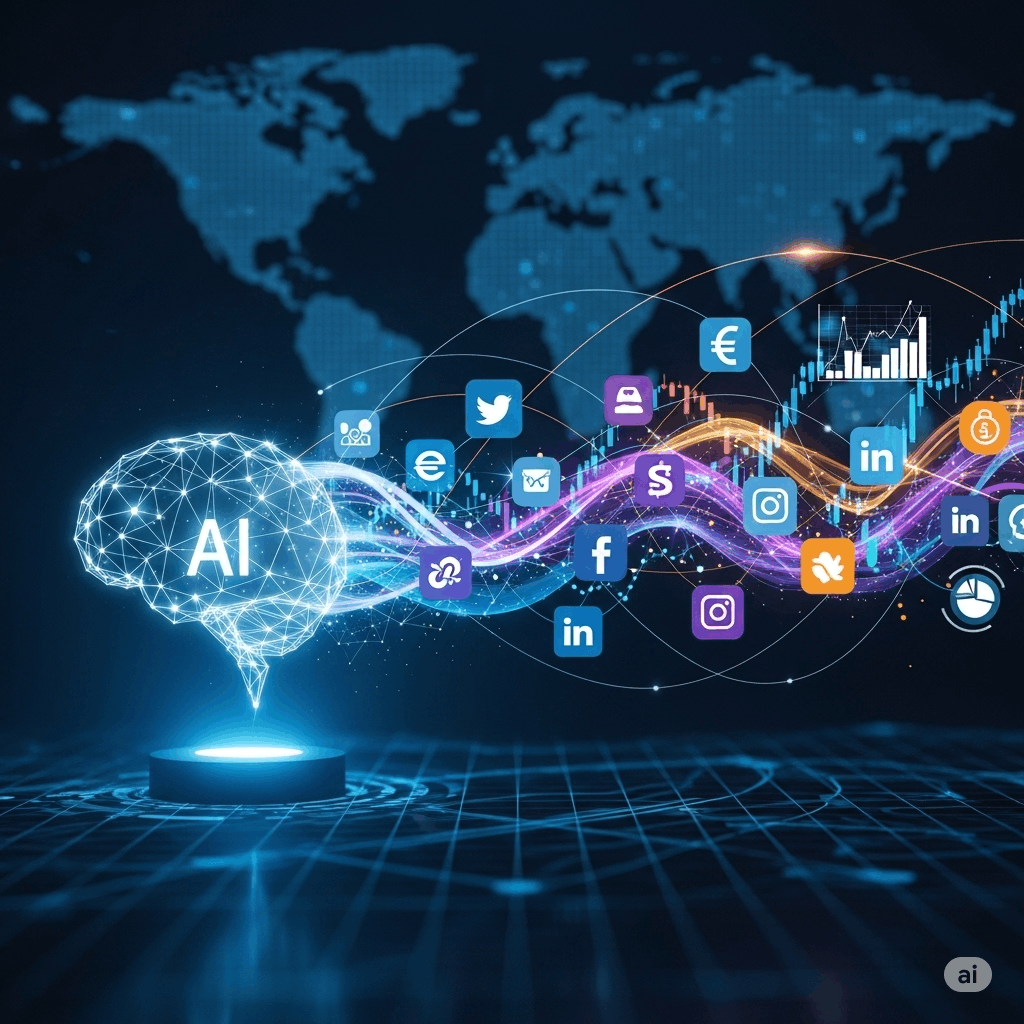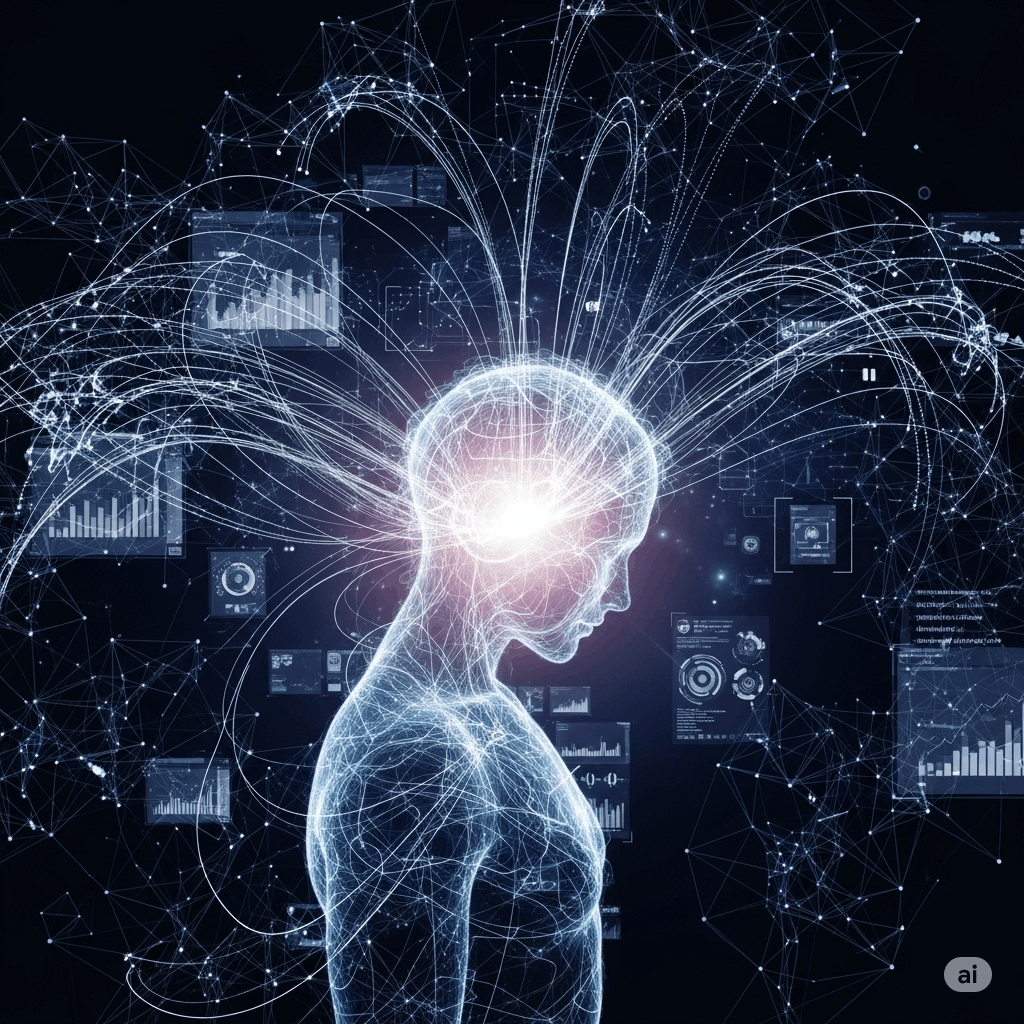The Education, Science, AI, and World of Manners: Shaping Human Society’s Future
Introduction
In an age dominated by rapid technological advancements, the convergence of Artificial Intelligence (AI), education, scientific innovation, and the evolving norms of human interaction — or manners — is reshaping society’s future at a fundamental level. The digital and AI revolution is no longer confined to laboratories and industries; it has penetrated classrooms, laboratories, social settings, and interpersonal communications, influencing how we learn, discover, and relate to one another. This blog explores these interconnected domains and their profound impact on human life, highlighting transformative trends, ethical considerations, and the new rules of engagement that are emerging in a world increasingly influenced by artificial intelligence.
Chapter 1: AI and the Transformation of Education
Artificial Intelligence is catalyzing a paradigm shift in education by enabling personalized, inclusive, and more effective learning experiences. By mid-2025, educational institutions worldwide have embraced AI to tailor curricula, automate administrative tasks, and enhance student engagement.
Personalized Learning Experiences
AI-driven analytics evaluate student performance in real-time, allowing educators to customize instruction down to individual learning styles and knowledge gaps. Intelligent tutoring systems and AI mentors adjust content difficulty, pacing, and method to optimize comprehension and retention.
Inclusive Education and Accessibility
Generative AI tools, including speech-to-text and text-to-speech platforms, enable learners with disabilities to access educational material more fully, while emotion recognition technology can adapt teaching based on a student’s engagement and emotional cues, helping to create an empathetic learning environment.
Educational Content Generation and Gamification
AI facilitates the creation of dynamic learning content such as interactive quizzes, simulations, and multimedia presentations, making lessons more engaging. Gamification techniques driven by AI motivate students through reward systems and progressively challenging tasks.
Reduced Educator Burden
AI-powered assistants automate grading, attendance tracking, and scheduling, freeing educators to focus on mentorship and creative curricula development. This shift fosters a more human-centered approach to teaching despite increasing classroom sizes and administrative complexity.
Challenges and Ethical Considerations
AI integration requires addressing data privacy, algorithmic biases, and the digital divide to ensure equitable access and trust in AI-driven education.
Chapter 2: AI Accelerating Scientific Discovery
The scientific method itself is evolving with AI’s ability to process vast datasets, model complex systems, and automate routine experiments.
Data Analysis and Pattern Recognition
AI algorithms excel at analyzing massive data from experiments or observational studies, identifying patterns and anomalies beyond human capacity. This capability accelerates breakthroughs in fields ranging from genomics to climate science.
Hypothesis Generation and Experimental Design
Machine learning models can propose new hypotheses based on data trends and suggest optimal experimentation paths, reducing time and resource consumption.
Collaborative Science and Open Innovation
AI-powered platforms facilitate global collaboration among researchers by managing data sharing, publication, and peer review, enhancing transparency and accelerating knowledge dissemination.
Automation and Robotics in Labs
Robotic systems controlled by AI are performing repetitive or dangerous tasks with high precision, increasing safety and productivity in research environments.
Scientific Ethics in the AI Era
Scientific integrity demands vigilance as AI introduces concerns about reproducibility, data manipulation, and accountability in autonomous experimental setups.
Chapter 3: The Intersection of AI and the World of Manners
As AI systems become social actors in human environments, they challenge and reshape traditional concepts of manners — the social protocols governing respectful and effective interaction.
Digital Manners and AI Interactions
Conversing with AI agents or chatbots requires new etiquettes, including politeness norms applied to non-human interlocutors and guidelines for responsible use to avoid misuse or abuse of AI conversationalists.
AI Mediated Human Interaction
AI tools are increasingly intermediating communication, from auto-correcting and translating to moderating online discussions. This mediation influences social dynamics and norms around language, tone, and discourse moderation.
Teaching Manners through AI
Educational AI applications introduce lessons on social skills and emotional intelligence, especially important in virtual learning settings and remote collaboration where non-verbal cues are limited.
Ethical AI Behavior and Respect for Privacy
The design of AI systems must respect user privacy and foster trust by adhering to ethical standards and transparency, mirroring key human values encoded in manners.
Impact on Social Skills
Over-reliance on AI communication aids could erode interpersonal skills, necessitating balanced integration strategies that preserve fundamental human-to-human etiquette.
Chapter 4: Synthesizing Education, Science, AI, and Manners for a Holistic Future
The convergence of these domains suggests pathways for a future where technology amplifies human potential without diminishing our social fabric.
Lifelong Learning Supported by AI
By personalizing education and supporting continuous upskilling, AI empowers individuals to navigate complex scientific and social landscapes more effectively throughout life.
Responsible Innovation and Social Trust
Building and maintaining trust in AI involves transparent practices, user education, and embedding moral reasoning within AI systems to align with societal norms.
Global Collaboration and Cultural Sensitivity
AI technologies facilitating science and education must adapt to diverse cultural contexts and manners, promoting inclusivity on a global scale.
Preparing Society for AI’s Social Dimensions
Education systems ought to incorporate curricula that prepare citizens for ethical AI use, fostering digital literacy as deeply as traditional literacy.
Conclusion
As Artificial Intelligence continues to permeate education, scientific discovery, and social interaction, it also redefines manners — the cultural code of conduct between humans and machines. Harnessing AI’s power requires a balanced approach that maximizes benefit while preserving core human values of respect, empathy, and ethical responsibility. The future belongs to a harmonious integration where technology catalyzes learning, innovation, and social connection while uplifting the human experience.



